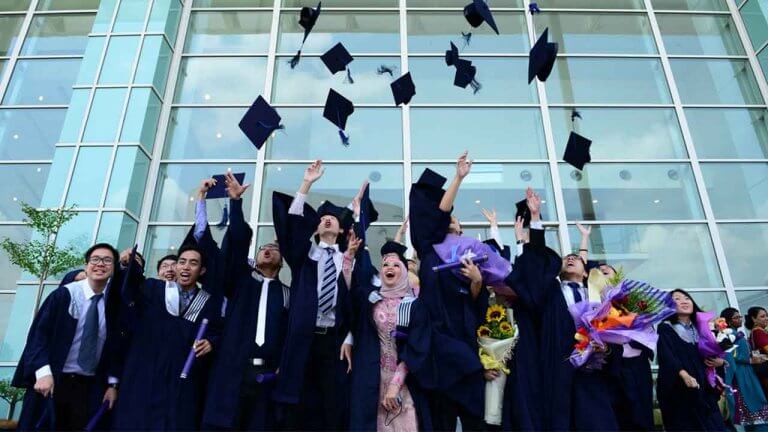BACKGROUND
Dr Mohd Uzair Mahidin (Chief of DOSM) stated that new graduate salary for 2020 are RM 1001- RM 1500. Its lower than 2019 graduate salary which is (RM 2000 – RM 2500).University student expect they will earn a high salary after spending their time studying there but reality their earning salary are not far from Malaysia’s minimum wage (RM 1001 – RM 1200). Salary can be defined as the regular payment by an employer to an employee for employment that is expressed either monthly or annually, but is paid most commonly on monthly basis, especially to white collar workers, managers, directors and professional. A salary employee or salaried employed is paid a fixed amount of money each month. Their earnings are typically supplemented with paid vacations and public holidays, healthcare insurance in country without universal coverage and other benefits. Salaries are usually determined by comparing what other people in similar positions are paid in the same region and industry.
Most large employers have levels of pay rates and salary ranges which are linked to hierarchy and time served. In most countries, salaries are also affected by supply and demand. How many job vacancies there are for a specific position in relation to the number of people that exist in the area who could fill that post. Fresh graduates will face low starting salary problem when they entering job market due to lack of experience and low soft skill. The issue that we need to discuss is their salary can be considerate as a decent salary? Will they survive in today world with this kind of salary? What the best solution to overcome this issue?
Recently, increasingly conscious Malaysians were shocked with new data showing a significant downward trend in the wage of new graduates in 2020, compared to the previous year. The data, released by the Department of Statistics Malaysia, showed a RM1000 drop in graduates starting wages from the year from the period year 2019 to 2020. Whilst it’s true the severe drop last year could be attributed to the sluggish performance of the partially shuttered economy, the reality is much more grim. When adjusted for inflation, starting salaries for tertiary graduates have been declining since 2010. Youths also struggle with stagnating wages.
A recent study found those aged 20-29 had a median monthly income which has remained flat but those aged between 40-60 years old enjoyed increased pay between RM 5,000 to RM 6,000. Therefore, young Malaysians are suffering from both sides of the sword: a decline in starting salaries whilst their wage growth has been stagnant since the mid-2000s. Low starting salary levels also have the effect of lowering subsequent salary offers thus making it harder for vulnerable youths (and graduates) to achieve financial independence and social migration. We should aspire to the ideas of the Shared Prosperity Vision, where increasing compensation of employees stands as one of its strategic thrusts. The restructuring of graduate’s salary based on qualification needs to be implemented to attract and nurture talented locals into the workforce, thus enjoying a decent standard of living. Unattractive wages and salaries in skilled jobs in Malaysia as well as lucrative offers abroad has resulted in the brain drain of skilled talents, which in turn has affected the domestic labour market efficiency.
By: Aamil Azhar, Research Analyst at Institut Masa Depan
Download the full report from the session below:
